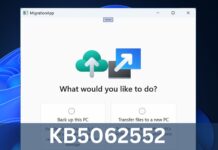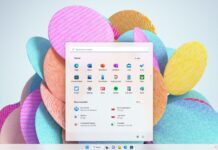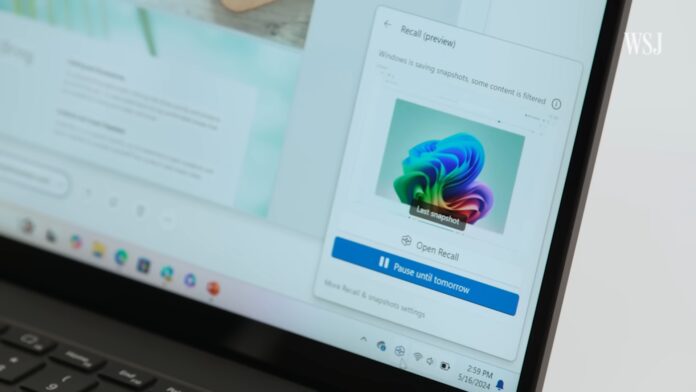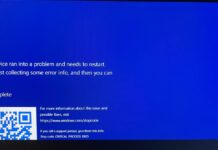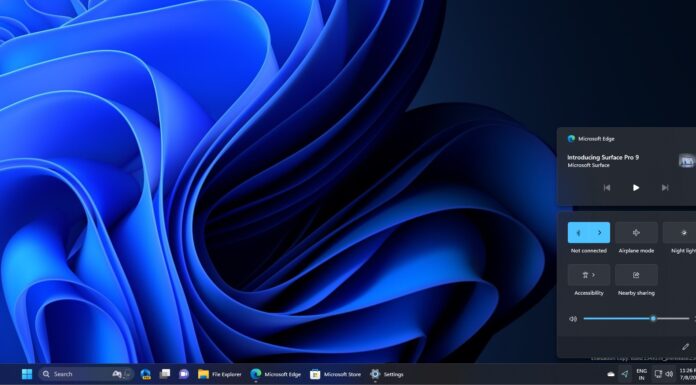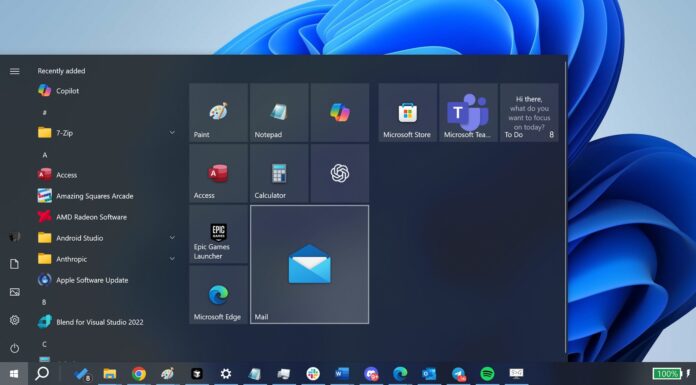Windows 11’s flagship new feature is “Recall,” which uses local AI models to record everything you do and see on your screen. Microsoft announced the Recall feature at a Windows event on May 20, and it will begin shipping with the new Qualcomm Snapdragon X (Elite and Plus) on June 18. But how does the feature work, and is it secure?
According to official hardware requirements, Windows 11’s Recall AI isn’t available on existing hardware. You’ll need Snapdragon X PCs, as Intel and AMD PCs do not meet the minimum requirement of 40 TOPs (trillion operations per second) NPU (a chip dedicated to handling AI processing on-device).
NPU is a requirement because Recall records everything you do and stores the “snapshots” locally. With Recall, Microsoft says it can turn your previous actions into “searchable snapshots”, allowing you to search and interact with your past actions. Recall runs in the background and relies on the NPU chip to record your screen.
How does Recall AI work in Windows 11 Copilot+ PCs?
- Recall runs in the background all the time.
- It records everything you do with your PC, including your apps, movies, documents, emails, browsing history, browser tabs, and more. However, Microsoft will not record DRM-protected content, passwords, private browsing, or other sensitive information.
- Recall can understand your screen and then offer contextual suggestions.
- Recall is powered by an NPU chip and stores the data in your local storage.

As shown in the above screenshot, Recall can be opened as an app with a timeline-like interface.
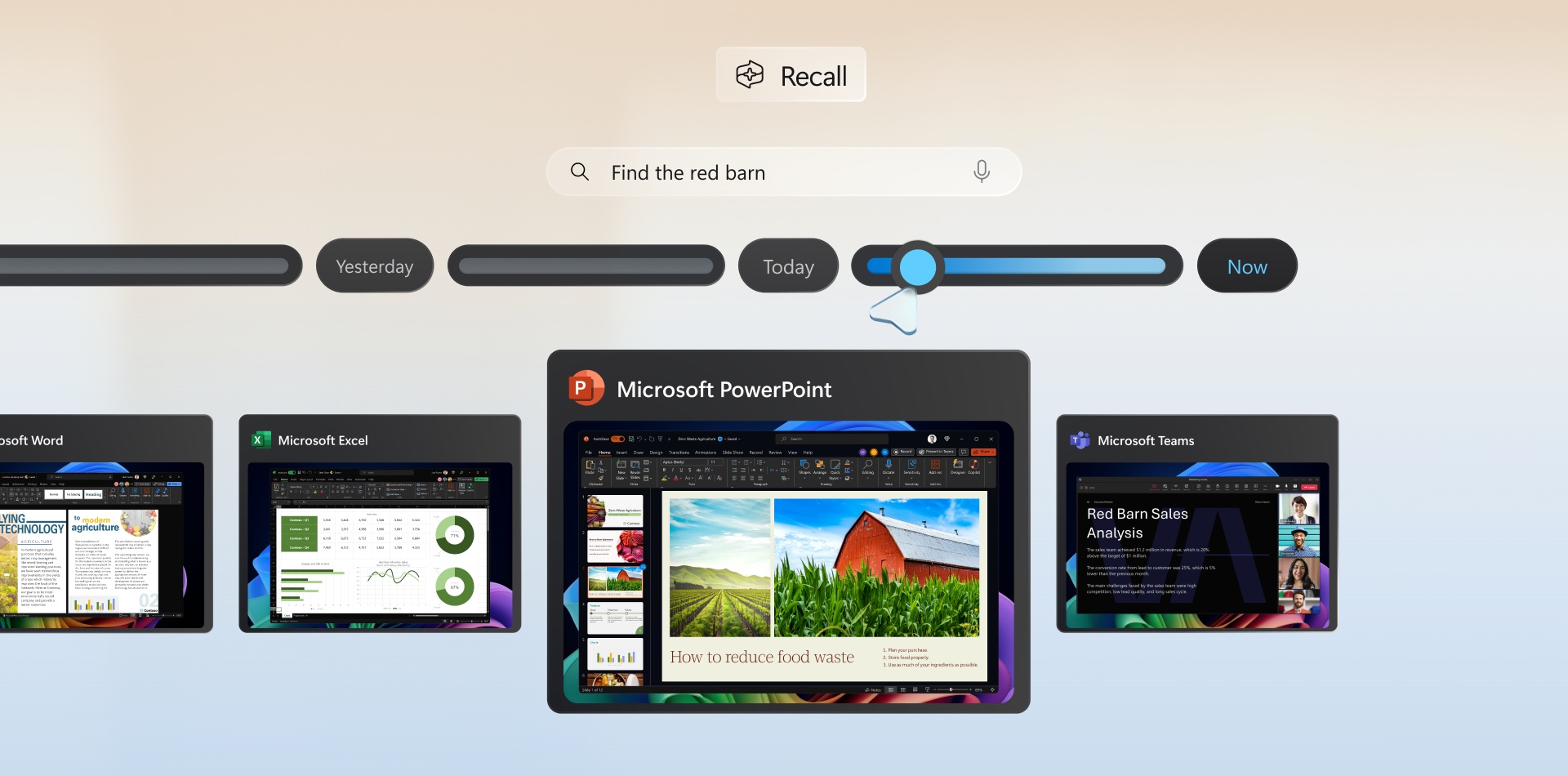
This interface lets you scroll through different snapshots of your activities.
For example, searching for “Find the red barn” brings up results from PowerPoint, Excel, and Teams, showing instances where content about the red barn was displayed.
This doesn’t mean the “red barn” must be in the content. For example, if you previously shared a picture of a red barn with your friend on WhatsApp, Messenger, Telegram, or any app, Recall AI can find it and show it in the search results.
That’s because Recall not only records but also understands your screen.

As shown in the above screenshot, the Recall has been used to search for “Korean restaurant that Alice.”
Recall search can match the keyword in various apps, such as WhatsApp, websites, and maps. This shows Recall’s ability to scan the recorded data in real time.
That sounds pretty interesting, right? But some of you might wonder how Recall is so good at searching information across Windows when the Start menu search is not.
Unlike the current version of Windows Search, Recall is powered by Windows Semantic Index and uses multi-modal small language models. NPU powers the whole experience, so it also makes a big difference.
Does Windows 11’s Recall respect your privacy?

What about Windows 11 AI integration? Is it privacy-friendly? The short answer is yes, but it depends on how you look at things. Recall will record everything on your screen, compress it, store it in your local storage, and encrypt it using BitLocker.
As first spotted by Windows Latest, Windows 11 24H2 turns on Device Encryption on new installations or devices by default. This feature is also used to encrypt AI snapshots.
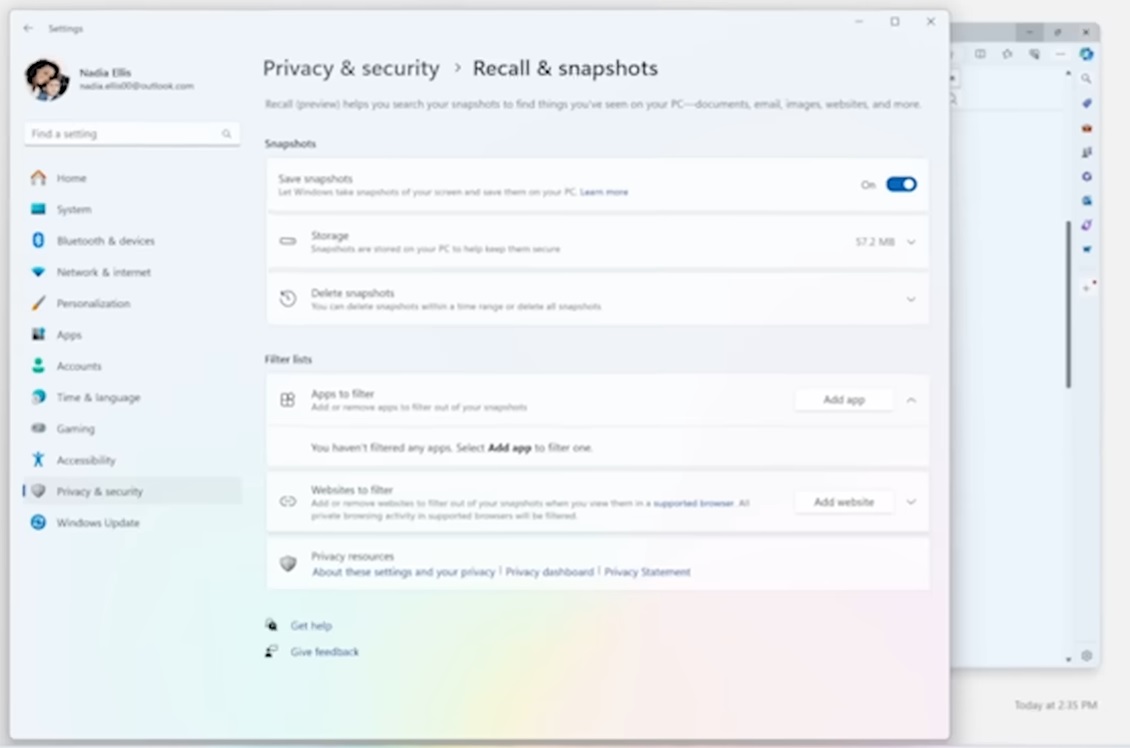
Microsoft says you can open the Privacy & Settings page and navigate to Recall’s settings to see what snapshots are collected and stored on your device.
You can clear all snapshots and reboot Recall. You can also clear some snapshots. Or you can entirely disable Recall.
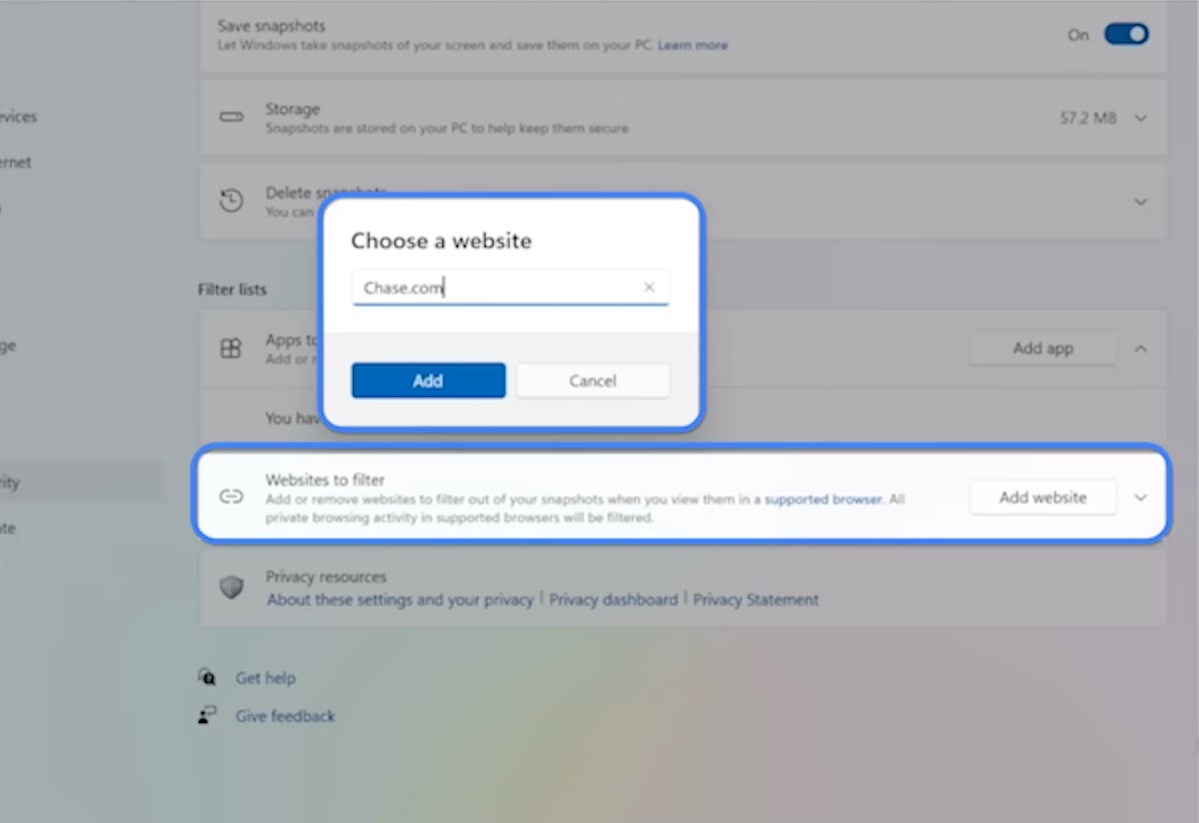
As shown in the above screenshots, you can also manually blacklist apps or browsers.
How secure is Windows 11 AI integration? Here’s a detailed explainer:
- Microsoft confirmed Recall does not record certain types of content. This could include incognito mode in Microsoft Edge and other Chromium browsers.
- Windows 11 Recall will not record Netflix, Disney, Prime or other streaming services offering protected media (DRM). How do you know if Recall is capable of recording your app? Just open the “Snipping Tool” and try to capture a screenshot or record a video. If the Snipping Tool can capture the app’s content, then Recall can do the same.
- Recall will not record one-time images (private images) sent via apps like WhatsApp, Telegram client Unigram, and more.
- Recall may not record certain videos depending on the app’s privacy settings.
- Your data won’t be uploaded to Microsoft servers/cloud. Microsoft will not train models on your data.
Everything happens locally. If you can trust your computer, you can also trust Windows 11 AI integration.
However, Microsoft tells me Recall isn’t capable of moderating the content. This means if an app or browser does not follow industry standards, Recall can capture the screen and create a snapshot of sensitive information.
For example, suppose an app does not cloak password entry or follow standard internet protocols, privacy, or security rules. In that case, Windows 11 Recall can record and save sensitive information in its memory locally on your device.
This includes your pictures, passwords, financial account numbers, credit card, etc. However, this happens only when the app does not follow standard internet protocols like cloaking password entry.
Is this a big deal? I don’t think. Why would you store passwords and financial information in apps not following basic internet and security standards? If you want to keep using these insecure apps, you can always block the app or website in Recall from settings.
Where does Windows 11 Recall store your data? Is Recall secure?
Recall AI stores “snapshots,” aka recordings of your screen, on the local disk, and they are protected using encryption.
If you’re on Windows 11 Home, your data would be protected/encrypted using “Device Encryption,” which is now turned on by default in Windows 11 24H2.
Microsoft encrypts the Recall snapshots on Windows 11 Pro and Enterprise using BitLocker.
How Microsoft is protecting the data captured by Windows 11 AI:
- The recall is encrypted using BitLocker/Device Encryption.
- Recall snapshots are stored locally. You can delete and disable everything entirely.
- The recall is linked to the user profile, and Microsoft won’t share the data with other people using the same PC.
- Other apps and services cannot access recall.
The Recall AI is really interesting, but it’s limited to hardware with 40 TOPs NPU only, i.e., the Snapdragon X Elite and X Plus PCs.



